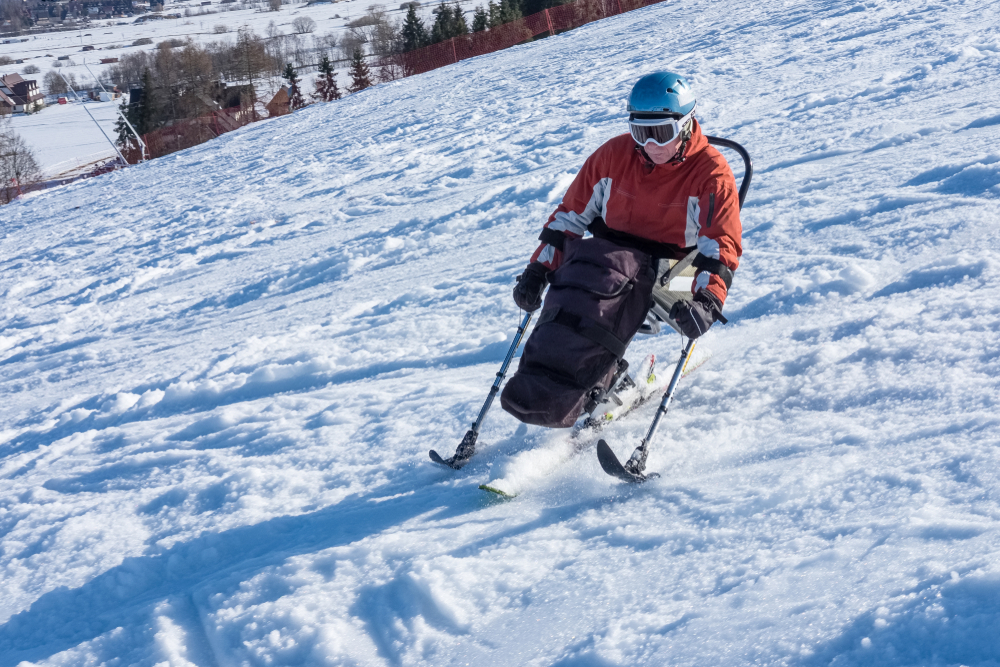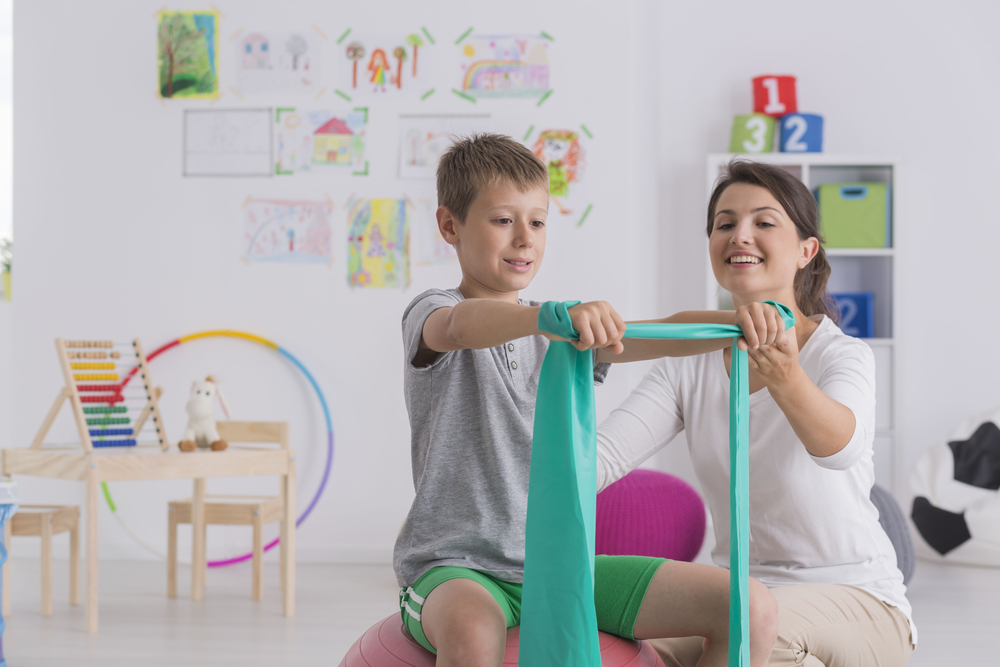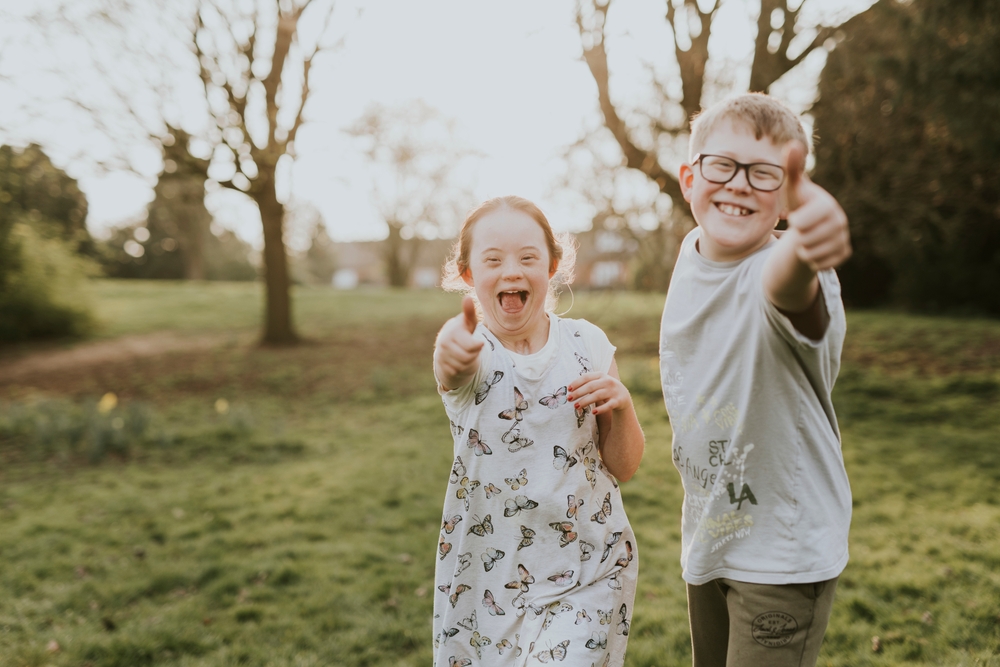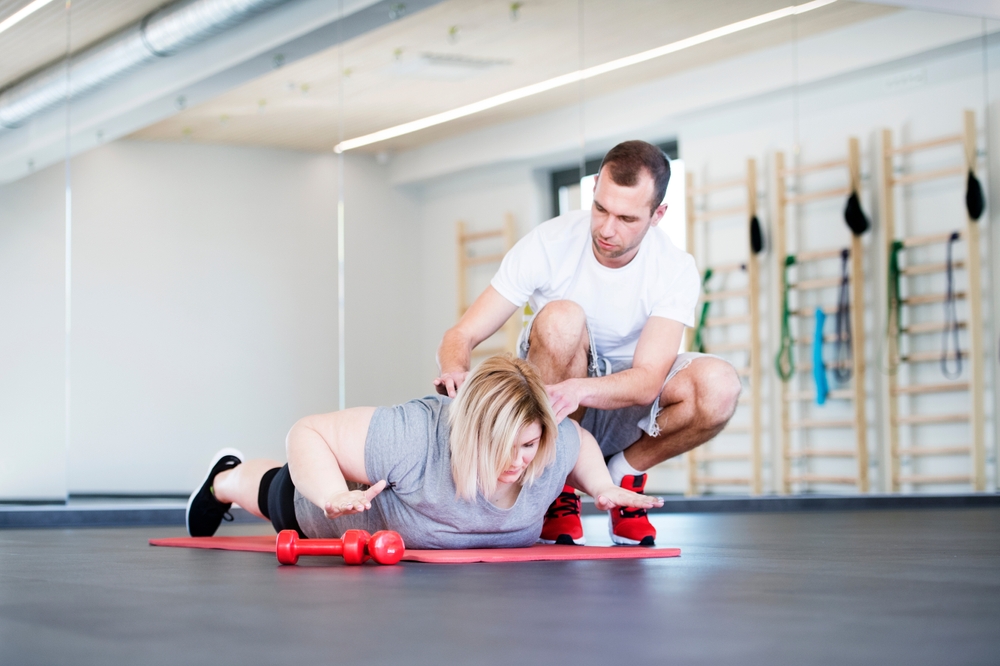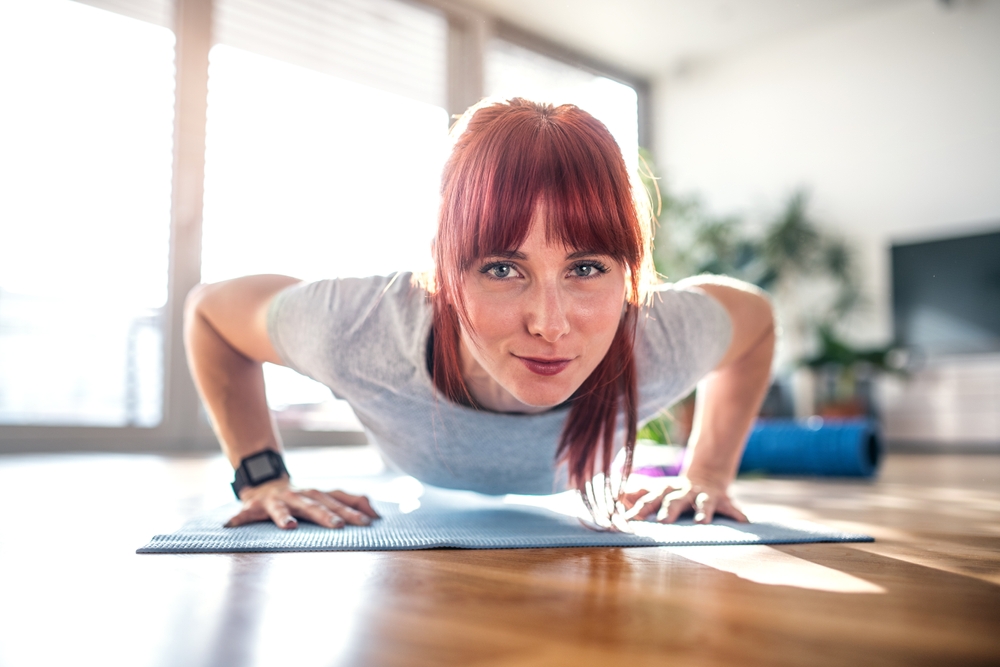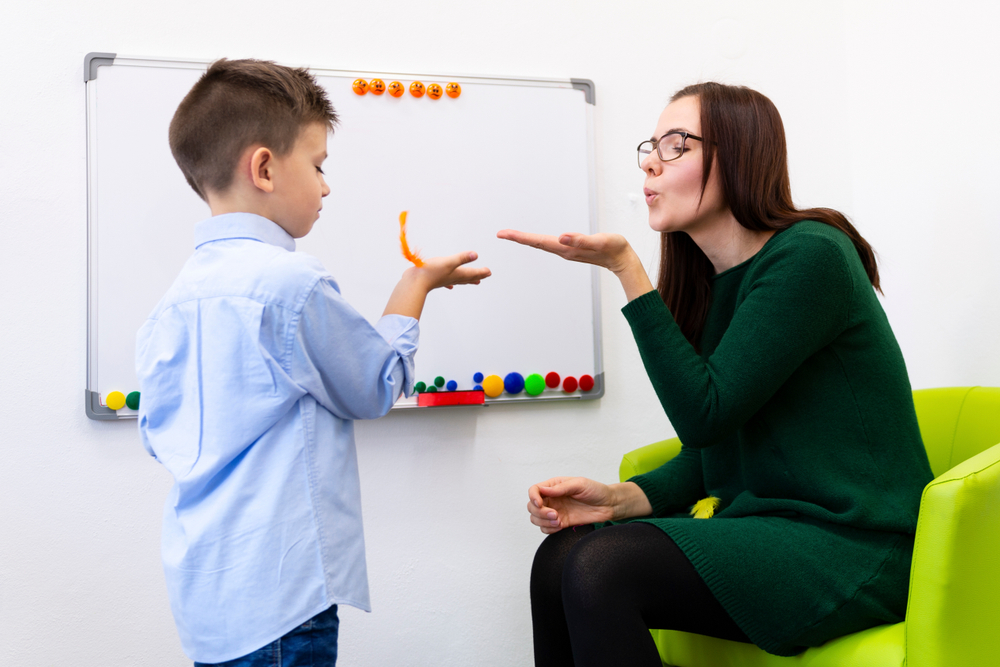Make an Appointment
We all want the best for our kids. We all hear that regular physical activity is an important part of being healthy. Yet we know that physical activity declines with age. Time and time again I hear that high school kids stop their regular sports to focus on getting good grades. But did you know physical activity actually improves academic performance?
There are now many well-researched studies that prove beneficial effects of physical activity on:
- brain power
- motivation and concentration
- memory and reasoning
- classroom attitudes and behaviors
- language skills
which all leads to improved academic performance, social skills, and self-esteem.
Evidence shows that physically active kids have brain synapses that fire faster and stronger, and are 20% more likely to earn an A in math or English than inactive kids!
According to Active Living in their research article of Active Education: Growing Evidence on Physical Activity and Academic Performance they also concluded to below key findings
“Physical activity can have both immediate and long-term benefits on academic performance. Almost immediately after engaging in physical activity, children are better able to concentrate on classroom tasks, which can enhance learning. Over time, as children engage in developmentally appropriate physical activity, their improved physical fitness can have additional positive effects on academic performance in mathematics, reading, and writing. Recent evidence shows how physical activity’s effects on the brain may create these positive outcomes”.
Regular participation in physical activity and higher levels of physical fitness have been linked to improved academic performance whilst Long-term studies have also demonstrated that increases in physical activity, resulting from greater time spent in physical education, were related to improved academic performance.
How does physical activity impact the brain?
Physical activity has a direct impact on the behaviour and development of the brain. During physical activity:
- The flow of oxygen to the brain is increased
- The number of brain neurotransmitters is increased, which assists your ability to focus, concentrate, learn, remember and handle stress
- The number of brain-derived neurotrophins is increased, which assures the survival of neurons in areas of the brain that are responsible for learning, memory and higher thinking
Research shows different activities to have quite specific mental effects. Neuroscientists around the globe agree that physical activity is the best medicine to maintain brain health throughout all stages of life.
According to the study from the Beckman Institute researches found that physical activity associated with improved white matter integrity - White matter also allows communication between the cerebrum and lower brain centers including the cerebellum. In two separate studies—released within researchers found that physical activity improved the white matter integrity of physically fit children aged 9 to 10 and also in “low fit” participants aged 60 to 78.
Physical activity effects on the brain have also been extensively researched by (Etnier, et al., 1997; Ploughman, 2008; Trudeau & Shephard, 2010; Sibley & Etnier, 2003). Physical activity benefits for the brain have included: increase in cerebral blood flow (moderate to high intensities of exercise have shown large increases), changes in neurotransmitters (acute bouts of exercise cause changes), increases in norepinephrine and serotonin (after an acute bout of exercise and chronic exercise influences more long-term increases in neurotransmitters), and permanent structural 6 changes in the brain.
What do we mean by physically active kids?
The recommended physical activity for children is at least 60 minutes of moderate to vigorous every day. In Australia we know only about a quarter of 5-15-year-old kids do this.
According to the Australian Physical Activity and Sedentary Behaviour Guidelines
For optimal health benefits, children and young people (aged 5–17 years) should achieve the recommended balance of high levels of physical activity, low levels of sedentary behaviour, and sufficient sleep each day. A healthy 24 hours includes:
Physical Activity
- Accumulating 60 minutes or more of moderate to vigorous physical activity per day involving mainly aerobic activities.
- Several hours of a variety of light physical activities;
- Activities that are vigorous, as well as those that strengthen muscle and bone should be incorporated at least 3 days per week.
- To achieve greater health benefits, replace sedentary time with additional moderate to vigorous physical activity, while preserving sufficient sleep.
At Physio Inq we recommend building active play habits from an early age: dancing, digging, building, jumping. The aim is to make living an active lifestyle, where you sit less and move more, the norm.
Then get your school-aged children into organized sport, exercise at school, walking or riding to and from school, and active play like dancing, swimming, skipping, climbing, jumping, running.
Find tips about starting your children in sport in our articles Children and Sports, When Is Too Young To Start? & Why Are Sports Important For Childrens Development
While your children are setting themselves up for life, including their best efforts in academic achievement, make sure they know that time away from books in favour of sport does not come at the cost of good grades. In fact, quite the opposite.
We have a team of clinic & mobile Physiotherapists and Exercise Physiologists all across Australia that you might want to connect with. Contact us by phone at 1300 731 733 or find a location nearest to you to get started!
Date Published: Thursday, June 25, 2020
Locate a Mobile Exercise Physiology
Service Near me
Get the experience & convinence you deserve to support your or a loved one's allied health needs.
Our Mobile Exercise Physiology team are currently serving & taking appointments in the following states and regions in Australia:
Need to get into direct contact with ur Client Services team? We're all ears. Call our team directly on 1300 731 733
